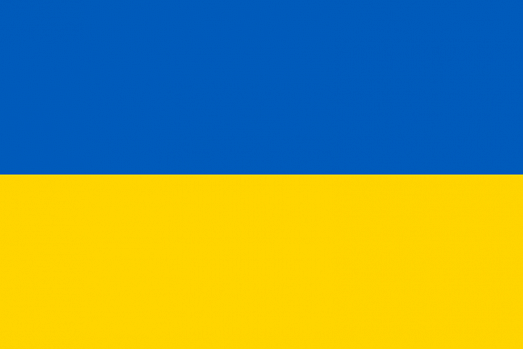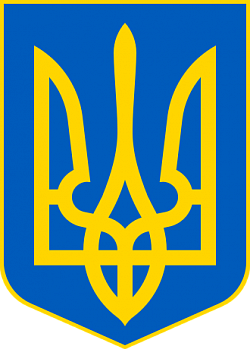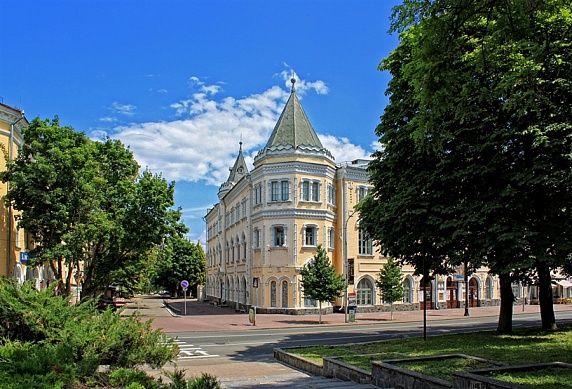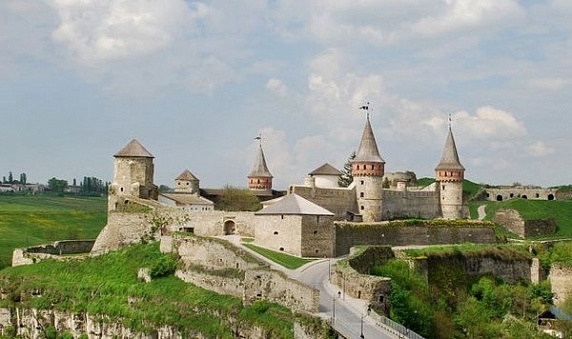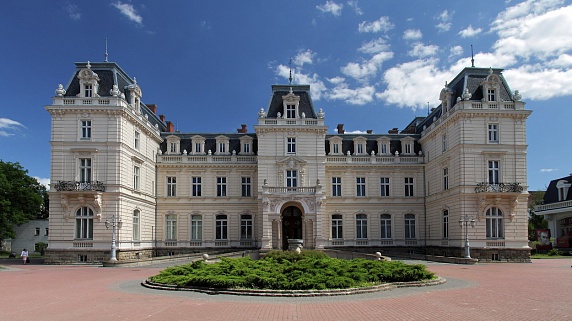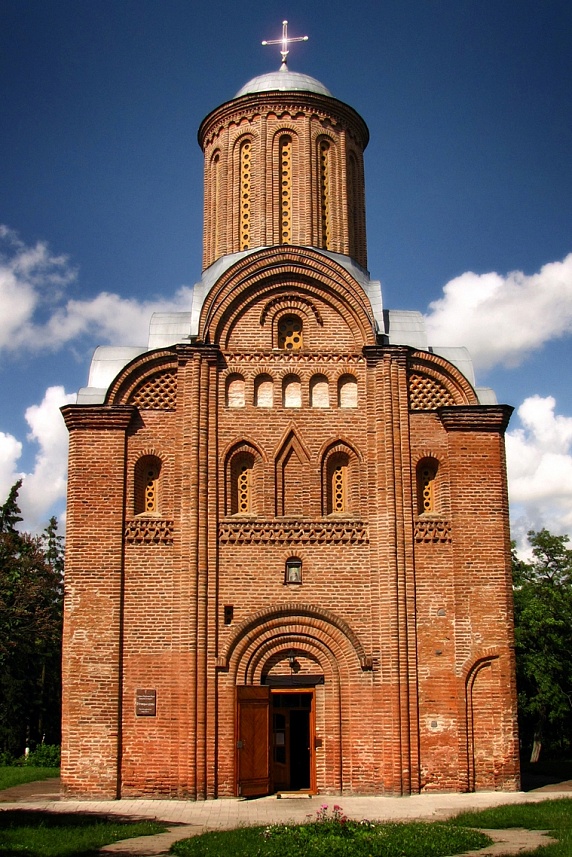 Ukraine
Ukraine
Deputy Foreign Minister Andrey Rudenko’s remarks at the State Duma of the Federal Assembly of the Russian Federation on the ratification of the Treaties of Friendship, Cooperation and Mutual Assistance between the Russian Federation and the Donetsk People’s Republic and between the Russian Federation and the Lugansk People’s Republic
For the last eight years, since the bloody coup in Kiev, we have witnessed the tragic events in Donbass. Despite its obligations under the Minsk Package of Measures, Ukraine has continued to shell civilian facilities and sabotage talks within the trilateral Contact Group and the Normandy format. It has, in practice, withdrawn from these agreements. During the past few days, the situation has been dramatically aggravated. The DPR and the LPR have come under regular gunfire. Artillery strikes have been launched at Donetsk and Lugansk resulting in human casualties and damage to infrastructure; many populated areas have been left without running water, gas and electricity.
The region’s residents are forced to leave their homes, with over 80,000 people arriving in the Russian Federation as part of an evacuation drive. We find ourselves on the threshold of large-scale hostilities that threaten a human toll of thousands of lives. To prevent these developments, the President of the Russian Federation Vladimir Putin has decided to respond positively to the address from the State Duma of the Federal Assembly of the Russian Federation and the appeals from the heads of the DPR and the LPR. This happened yesterday, on February 21, 2022, when the Executive Orders On the Recognition of the Donetsk People’s Republic and On the Recognition of the Lugansk People’s Republic were signed.
President Putin and the Heads of the Republics, Denis Pushilin and Leonid Pasechnik, have also signed the Treaties of Friendship, Cooperation, and Mutual Assistance.
The signing of treaties of friendship and cooperation is traditional practice when an individual states’ independence is recognised and diplomatic relations are established with them. An identical treaty was signed with Ukraine on May 31, 1997. But in 2018, Kiev unilaterally annulled it, after which the treaty was officially null and void as of April 1, 2019.
These documents are of a framework nature. The main goal is to define the conditions for creating further contractual and legal infrastructure for relations between these states and their agencies and ministries.
This is evidenced by the structure and content of the Russia-signed treaties with the DPR and the LPR. Each of these includes 31 articles and has been made in Russian in two copies each of equal force.
The Treaty determines that the Contracting Parties build relations as friendly states, which are consistently guided by the principles of mutual respect for state sovereignty and territorial integrity, the peaceful settlement of disputes and the non-use or threat of force, as well as other generally recognized principles and norms of international law.
The treaty stipulates that the Parties intend to collaborate in the area of foreign policy, in the matter of defending sovereignty and territorial integrity and ensuring security, among other things by rendering any necessary assistance to the other, including military assistance, as well as providing the right to build, use or improve military infrastructure and military bases on their territory. It is envisaged that the Parties sign separate agreements on military cooperation. The Contracting Parties undertake the obligation not to participate in any blocs or alliances directed against either of them.
The necessity of signing separate agreements on the establishment of a state border, and to protect it, has been stated.
The treaties stipulate matters related to dual nationality, recognition of documents, entry/exit and travel in the territory, as well as measures to protect citizens abroad and in the Parties’ territories.
The Treaties guarantee the protection of the ethnic, language, cultural, and religious identity of the ethnic minorities in the Parties’ territories, as well as the establishment of a legal system for state property, the property of legal entities and the Parties’ citizens in each other’s territory.
The Treaties define the principles of the development of trade and economic relations, including providing favourable economic, financial, and legal conditions for entrepreneurial and other economic activities. It is envisaged that the Russian Federation shall adopt effective measures to support and maintain the functioning of the republic’s (both the DPR and the LPR) financial and banking systems, proceeding from the assumption that the legal tender in the territory of the republics is the Russian rouble.
Under the Treaty, the Parties shall render each other assistance in emergencies and shall promote cooperation in the following areas: culture, art, education, tourism and sports; healthcare, and in the social and humanitarian spheres; science and technology; the fight against crime, terrorism, and other violent manifestations of extremism, drug trafficking and illegal migration. They shall also take measures to standardise laws regulating economic activities and regularly exchange information on the development, approval and application of legal acts and international legal instruments.
The Treaty is signed for a term of 10 years and can be automatically extended for consecutive five-year periods; it is subject to ratification and shall come into force on the day of publication, and it can be modified or amended with the Parties’ mutual consent and at the initiative of either Party. All the disputes regarding the interpretation and application of the Treaty shall be settled via negotiation.
The Treaties of Friendship, Cooperation, and Mutual Assistance between the Russian Federation and the Donetsk People’s Republic and between the Russian Federation and the Lugansk People’s Republic are being submitted for ratification to the State Duma and the Federation Council of the Federal Assembly of the Russian Federation. We believe that this step will make it possible to ensure these republics’ security and economic and social development, as well as to defend the rights and interests of the people living in the republics, including Russian citizens. Please support them.
